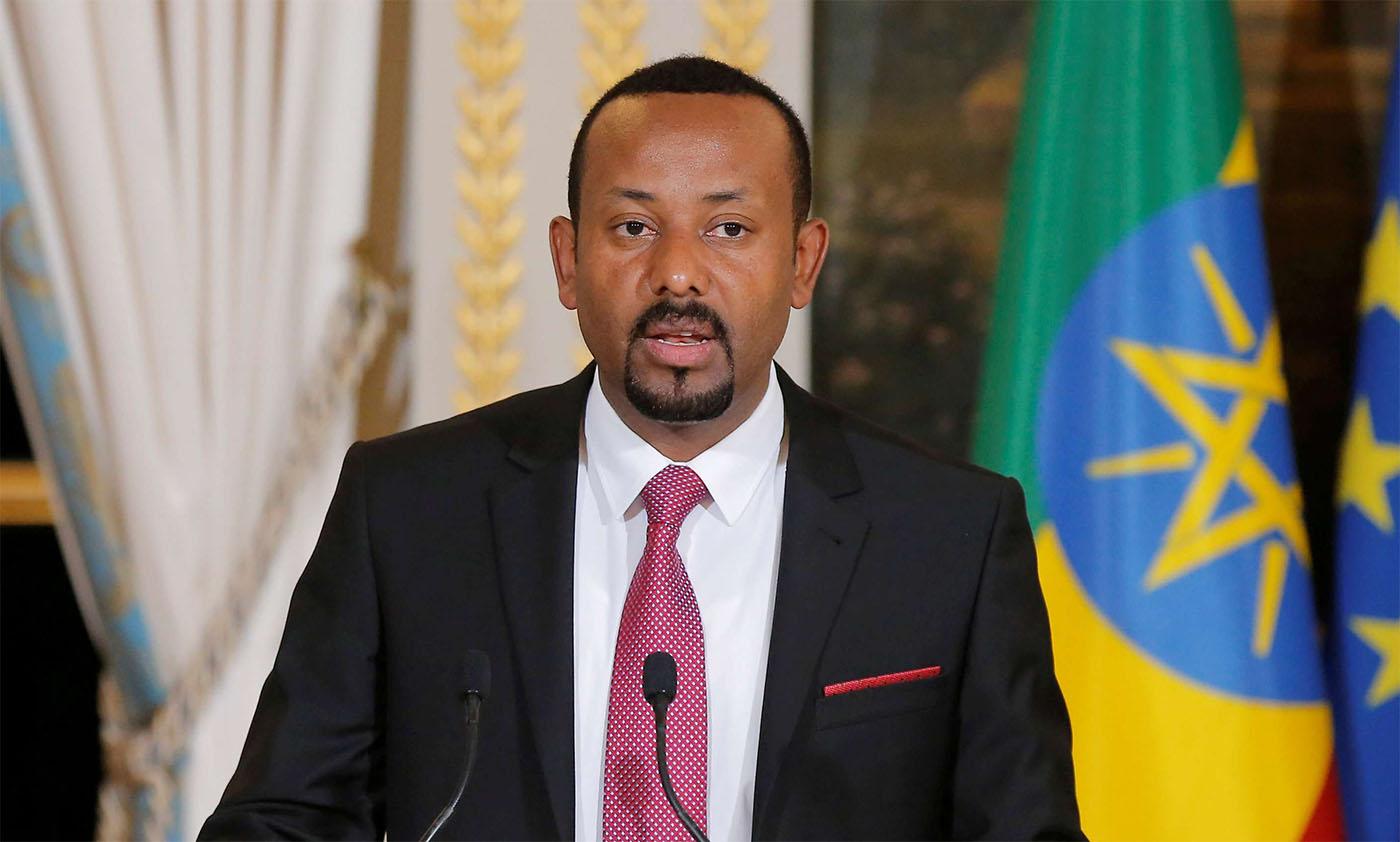China and Africa have reaffirmed commitment to deepening their 25-year-old partnership under the Forum on China-Africa Cooperation (FOCAC), with diplomats, scholars, and development experts describing the initiative as a model of South–South collaboration that continues to drive infrastructure growth, trade, and cultural exchange across the continent.
Speaking at the 25th anniversary forum themed: “Towards Sustainability of the Fruitful Diplomacy Between China and Africa”, the Chinese Consul General in Lagos, Ms. Yan Yuqing, highlighted that FOCAC has become a cornerstone of modern China-Africa relations, lifting the partnership to its best period in history.
“Over the past 25 years, FOCAC has grown rapidly and vigorously, driving China-Africa cooperation to its best period in history and becoming a model of solidarity and collaboration among the Global South,” she said.
Yan noted that in that time, trade between China and Africa has grown 27 times, while direct Chinese investment stock expanded over 80-fold, supporting major infrastructure and industrial projects across the continent.
According to her, China has helped Africa build or upgrade nearly 100,000 kilometres of roads and over 10,000 kilometres of railways, while Chinese enterprises created more than 1.1 million jobs in just the past three years.
She described the 2024 FOCAC Beijing Summit as a “new milestone” for both sides, where President Xi Jinping announced Six Principles for China and Africa to Pursue Modernisation Together and the Ten Partnership Actions, aimed at fostering industrialisation, agricultural development, green transformation, and people-to-people exchange.
“Since the Summit, China’s new investment in Africa has exceeded 13.3 billion yuan, and total financial support surpassed 150 billion yuan. The zero-tariff policy now covers 100 per cent of taxable items from least-developed countries having diplomatic ties with China,” she added.
Yan also highlighted China’s recently adopted 15th Five-Year Plan, approved during the Fourth Plenary Session of the 20th Central Committee of the Communist Party of China (CPC) in October 2025.
She explained that the plan, a blueprint for China’s next phase of high-quality development, sets out seven key goals, including technological innovation, environmental sustainability, and social advancement.
“From the first plan in 1953 to the upcoming 15th Five-Year Plan in 2025, these development frameworks have guided China in achieving miracles rarely seen in human history,” she said, adding that the country’s experience offers valuable lessons for Africa’s development planning.
Director-General, Institute of African Studies, Zhejiang Normal University, Prof. Liu Hongwu, lauded the evolving academic and people-to-people dimensions of the partnership, noting that FOCAC has broadened the scope of cooperation from aid and trade to technology transfer, innovation, and cultural dialogue.
Editor-in-Chief, Africa China Economy Magazine, Ikenna Emewu, one of the forum’s co-hosts, commended FOCAC’s impact on intra-African integration and the Belt and Road Initiative (BRI), arguing that the framework has accelerated connectivity across Africa’s regions.
Emewu, who has covered China-Africa relations for over two decades, said the partnership has played a strategic role in infrastructure, digital economy, aviation, human capital development, and inter-country trade, helping to bind Africa together more closely than at any other time in history.
He cited examples such as the Addis Ababa–Djibouti Railway, linking landlocked Ethiopia to the sea, and the Zambia–Tanzania–Kenya Power Interconnector, which connects the southern and eastern African power pools, boosting cross-border energy trade.
Chinese companies, he said, have also been involved in 78 airport projects across Africa, most of them funded by the China Exim Bank. According to Emewu, Chinese technology firms, including Huawei, ZTE, and China Telecom, have become crucial partners in Africa’s digital integration agenda, supporting the African Union’s goal of a connected, inclusive digital economy.
He noted that Chinese exports to Africa surged 25 per cent year-on-year to $122 billion, driven by demand for clean energy technologies, construction machinery, and industrial equipment.
Solar panel exports, for instance, rose 60 per cent, while electric vehicle components and construction equipment posted similar gains, which said are signs of a shift toward higher-quality products and greener industrial practices.
“Biases and stereotypes about Chinese products are fast eroding. What was once considered substandard is now leading in innovation. Africa must seize this opportunity to redefine its cooperation with China and make it more equitable and sustainable,” Emewu said.
He noted that despite FOCAC’s successes, intra-African trade remains low, accounting for only 13–15 per cent of the continent’s total trade, compared to over 60 per cent in Asia and 66 per cent in Europe.
He argued that China’s infrastructure investments have indirectly strengthened African integration by addressing key barriers such as poor connectivity, visa restrictions, and limited air travel routes.
Recent data shows that intra-African routes account for about 31 per cent of total air traffic, while intra-African travel made up 40 per cent of airline international traffic in 2024, figures that analysts said could improve further through the African Continental Free Trade Area (AfCFTA).
“China’s interventions in rail, road, energy, and digital connectivity are helping to bridge Africa’s physical and economic divides. These projects don’t just connect countries to China — they connect Africans to each other,” Emewu said.
Economic journalist, Nik Ogbulie, urged Africa to leverage the partnership to strengthen its economic independence. He said, “China’s growth and investment drive have benefited Africa immensely, but we must ensure that these relationships align with Africa’s long-term development interests. The story of the China-Africa relationship is no longer that of the blind man and the elephant, what we touch is exactly what it is.”
The Chinese Director of the Confucius Institute, University of Lagos, Prof. Wu Shuang, described education as “a vital bridge of understanding,” highlighting how the institute and its counterparts across Africa have offered scholarships and capacity-building programmes in language, culture, and STEM fields.
She pledged deeper academic and cultural partnerships that would strengthen people-to-people diplomacy, a theme increasingly emphasised in China-Africa relations.






